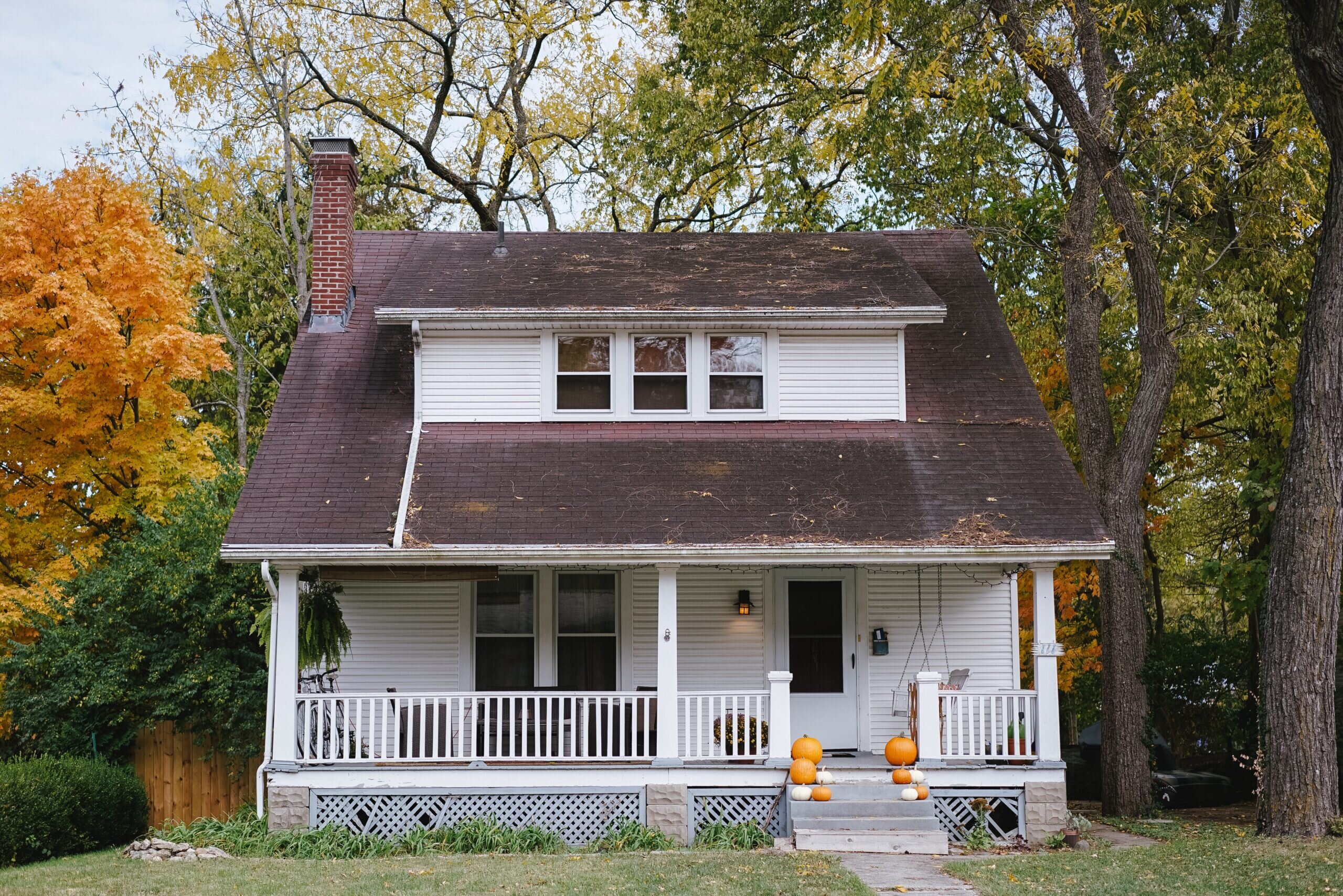Selling a damaged home in Connecticut can be a daunting task. However, with the right strategy, it is possible to turn a challenging situation into a profitable venture. This guide will walk you through everything you need to know to sell your damaged home successfully.
Understanding the Market for Damaged Homes
Know Your Buyer
The first step in selling a damaged home is understanding your potential buyers. Generally, buyers fall into a few categories, including investors looking for properties to fix and flip, home flippers seeking renovation projects, DIY enthusiasts searching for bargains, and cash buyers ready to close deals quickly without the hassle of financing.
Evaluating the Damage
Before listing your home, it’s crucial to get a professional inspection to understand the extent of the damage. Common issues in damaged homes include structural damage, water damage, mold or mildew, fire damage, and outdated or non-functioning systems such as plumbing, electrical, and HVAC.
Setting a Realistic Price
Get a Professional Appraisal
Obtaining a professional appraisal will provide an accurate value for your home, considering its condition. This helps avoid overpricing, which can deter potential buyers.
Consider the Cost of Repairs
Consider the cost of necessary repairs when pricing your home. Some sellers choose to make minor repairs to increase the home’s value and appeal, while others opt to sell “as-is.”
Marketing Your Damaged Home
Highlight Potential
Even if your home has significant damage, it can still be appealing to the right buyer. Highlight the potential of the property in your marketing materials, emphasizing aspects like the location, size, and any unique features.
Use High-Quality Photos
Invest in professional photography to showcase the home in the best possible light. Even if the property is damaged, good photos can attract more interest.
Leverage Online Listings
List your home on popular real estate websites such as Zillow, Realtor.com, and local Connecticut real estate sites. Include a detailed description of the property, mentioning the extent of the damage and any potential benefits.
Working with Real Estate Professionals
Find a Real Estate Agent Specializing in Distressed Properties
A real estate agent with experience in selling damaged or distressed properties can be invaluable. They will have the knowledge and network to find the right buyers and navigate the complexities of such sales.
Consider a Real Estate Investor
Selling directly to a real estate investor can simplify the process. Investors are often willing to purchase properties “as-is” and can close deals quickly.
Selling “As-Is” vs. Making Repairs
Pros and Cons of Selling “As-Is”
Selling “as-is” can lead to a faster sale without upfront repair costs, making it appealing to investors. However, this approach typically results in a lower sale price and a narrower pool of potential buyers.
Pros and Cons of Making Repairs
Making repairs can increase the sale price and broaden the market appeal, but it involves upfront repair costs and a longer time to sell.
Legal and Financial Considerations
Disclose All Known Issues
In Connecticut, sellers are legally required to disclose any known defects in the property. Failing to do so can lead to legal issues.
Understand Your Financial Obligations
Be aware of any outstanding mortgages, liens, or other financial commitments on the property. Selling a damaged home might require negotiations with lenders if the sale price won’t cover the outstanding mortgage.
Final Steps
Prepare for Negotiations
Be ready to discuss offers with buyers. Investors and cash buyers often make lower offers, considering the cost of repairs.
Close the Deal
Once you have accepted an offer, work with your real estate agent and attorney to handle the closing process. Ensure all paperwork is in order and that you understand all terms before finalizing the sale.
Conclusion
Selling a damaged home in Connecticut requires careful planning and strategic execution. By understanding your market, setting a realistic price, effectively marketing the property, and working with experienced professionals, you can successfully sell your home, even in its damaged state. Whether you choose to sell “as-is” or make some repairs first, the key is to be informed and prepared throughout the process.

